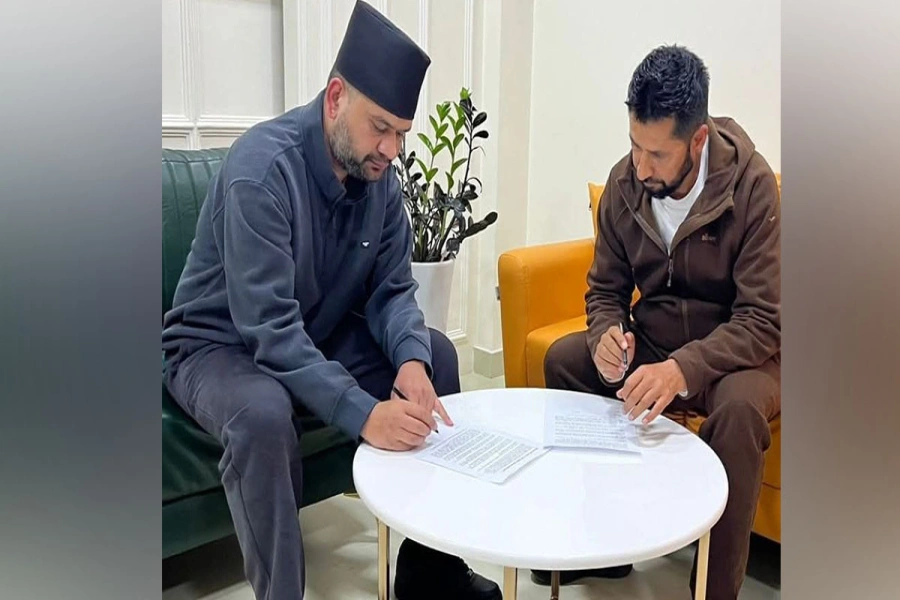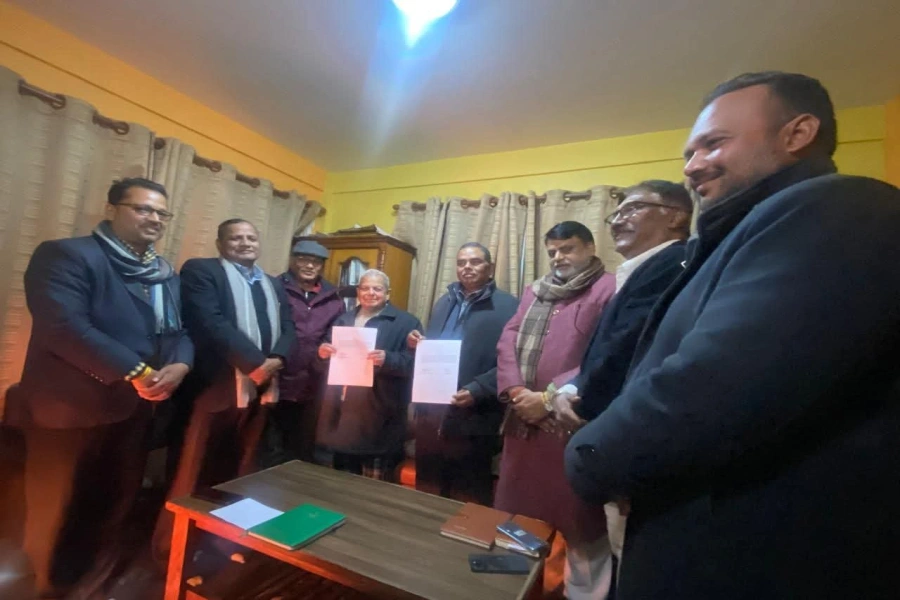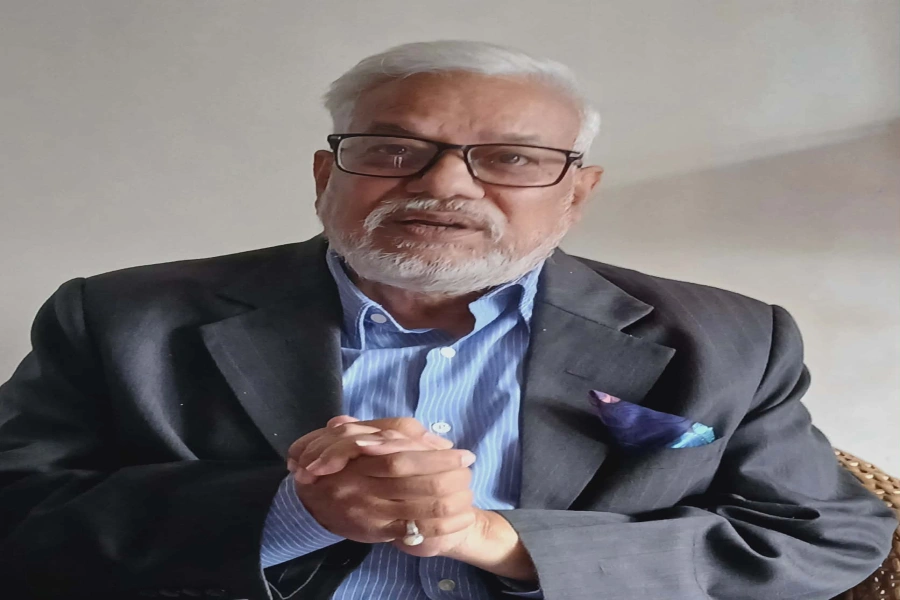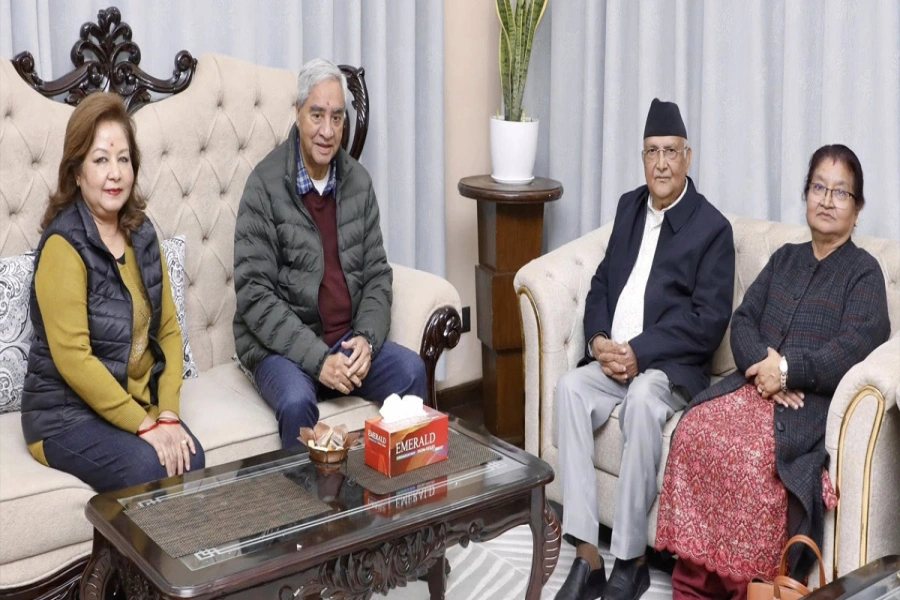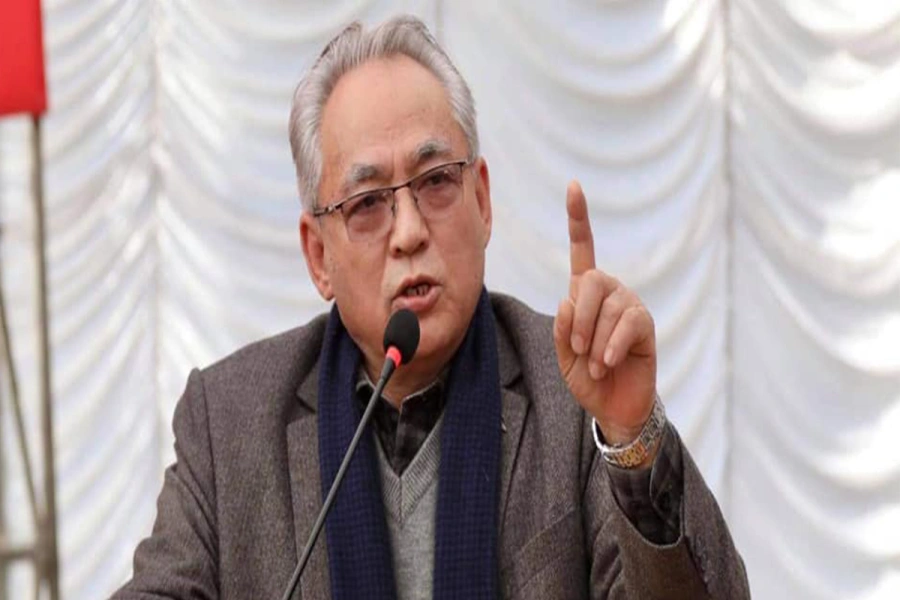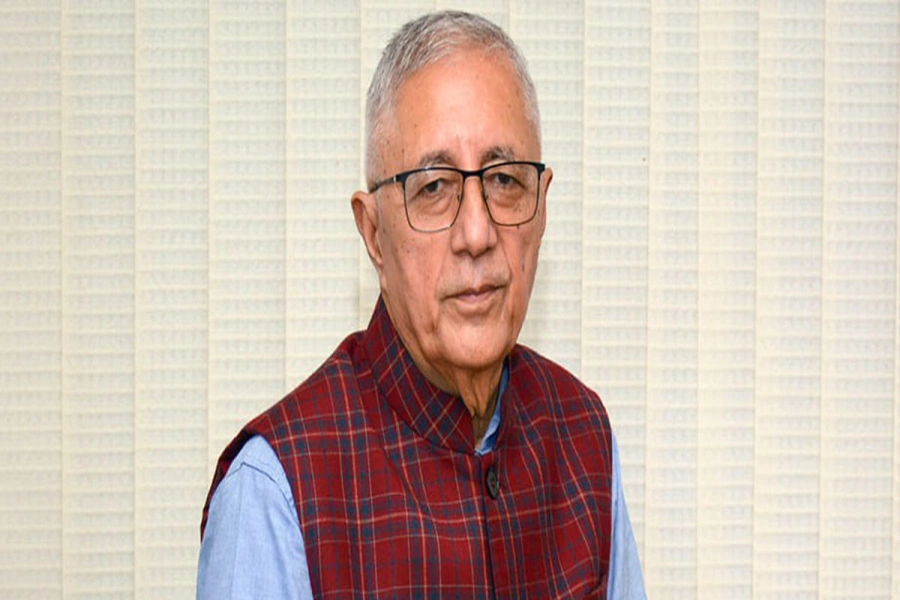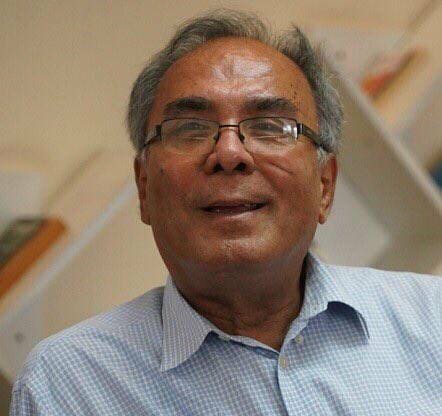Saudi concern on Sikta project
As Prime Minister KP Oli, his ministers and aides are busy selling dreams of big development projects ever since campaigning for elections last year, a recent report has come with a troubling message that an international agency has warned the government of withdrawing its support to Sikta Irrigation Project, a national pride project of the country. The Saudi Fund for Development (SFD) has asked the government to immediately terminate contract with Coastal Pappu Construction and expedite work at the project site. The Saudi agency asked the government to terminate the deal with the contractor for the latter’s failure to expedite construction work even 24 months after the deal was signed even as the deadline is expiring in four months. The SFD had reached an agreement with the Ministry of Finance on a loan of Rs 2.41 billion for the construction of a branch canal under Sikta project that can irrigate over 40,000 hectares of land in Banke district.
NHRC urges govt to pay heed to children's health

This development has come at a time when we are talking about settling cases of irregularities, negligence and irresponsible behavior on the part of contractors and red-tape in bureaucracy to attract more investments and aids to develop key infrastructure projects. Withdrawal warning by an international agency just because of irresponsible and inefficient response from our side gives a negative message to investors. Without first settling such cases mere talks won’t help improve the situation. Home Minister Ram Bahadur Thapa, who had shown some indications of fixing the problems in an action-oriented approach, has of late been seen as compromising with powerful nexus of contractors who have deeply entrenched connection with higher political levels. The way he has softened his approach indicates that he may not be able to take action against companies like Coastal Pappu Construction, which is owned by a son of a lawmaker. Home Minister Thapa, who had asked his ministry officials to immediately collect the details of non-performing contractors, has done nothing concrete toward punishing the non-performing contractors and resolving the problems at the site, except for issuing high-sounding orders.
This is not the first instance of a contractor delaying infrastructure project. We suffered similar situations with other key projects such as Melamchi Drinking Water Project, Narayanghat-Mugling road section and several hydro-electric projects. Hardly any development project has been completed within the set deadline. That said, contractors’ allegation that the red-tape in bureaucracy makes it difficult for them to expedite work in the field needs to be looked into seriously. If the prime minister is serious about his promises of expediting major infrastructure projects in coming years, he also needs to intervene to hold the fraudulent contractors to account. When we fail to tame our own unruly contractors who have been sitting on big projects doing nothing, we will have no confidence and moral ground to appeal for foreign investment. We must, without delay, send the message that Nepali contractors can be entrusted and that they do not cheat. This cannot be achieved by letting unscrupulous contractors go unpunished.





